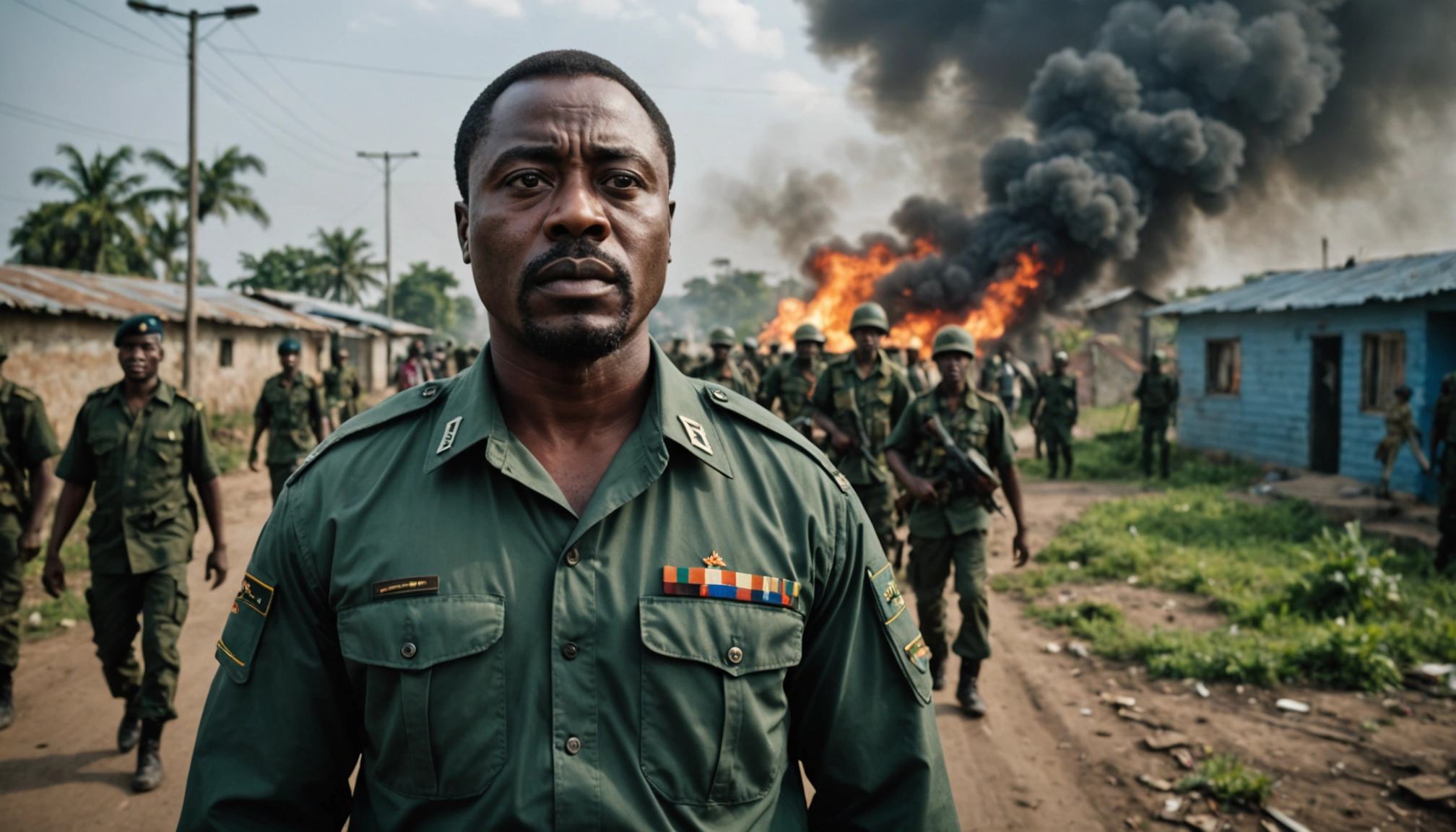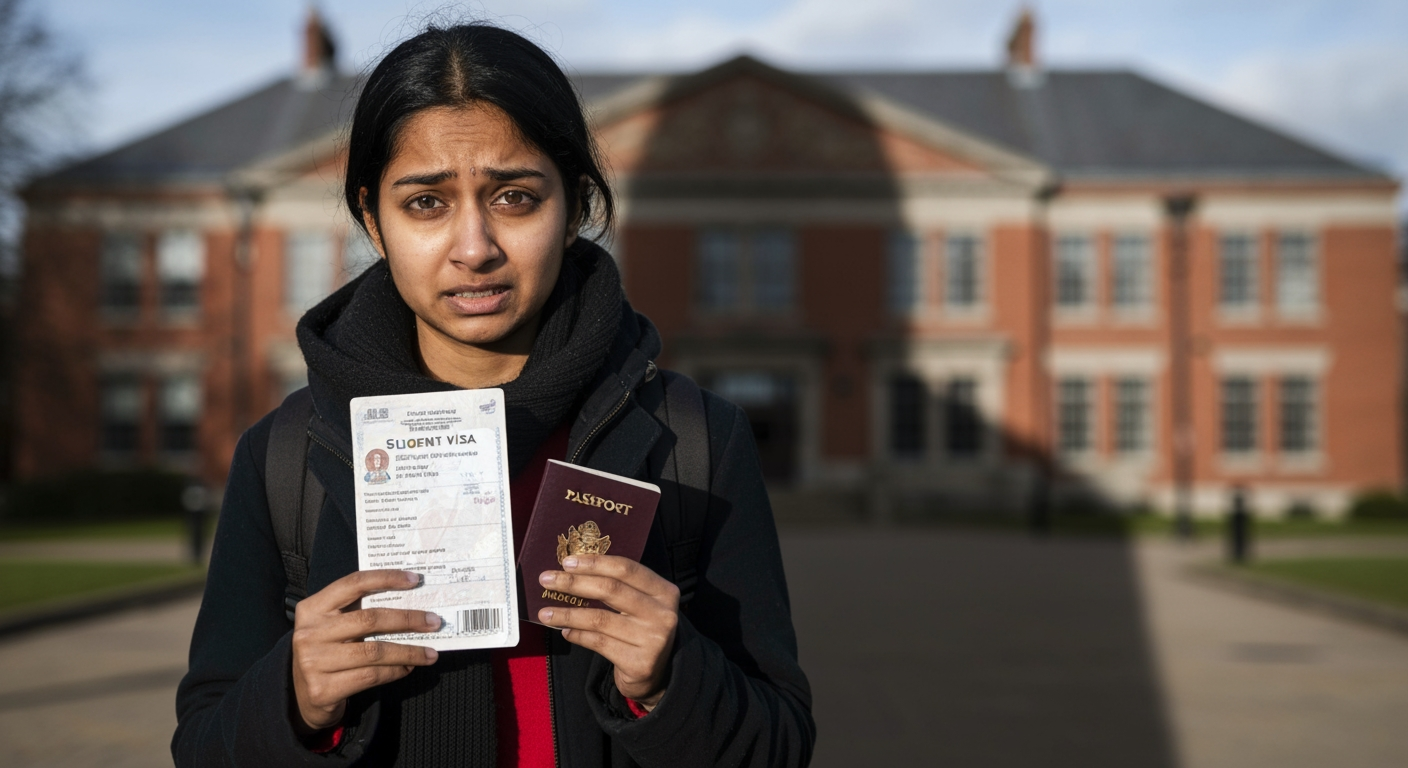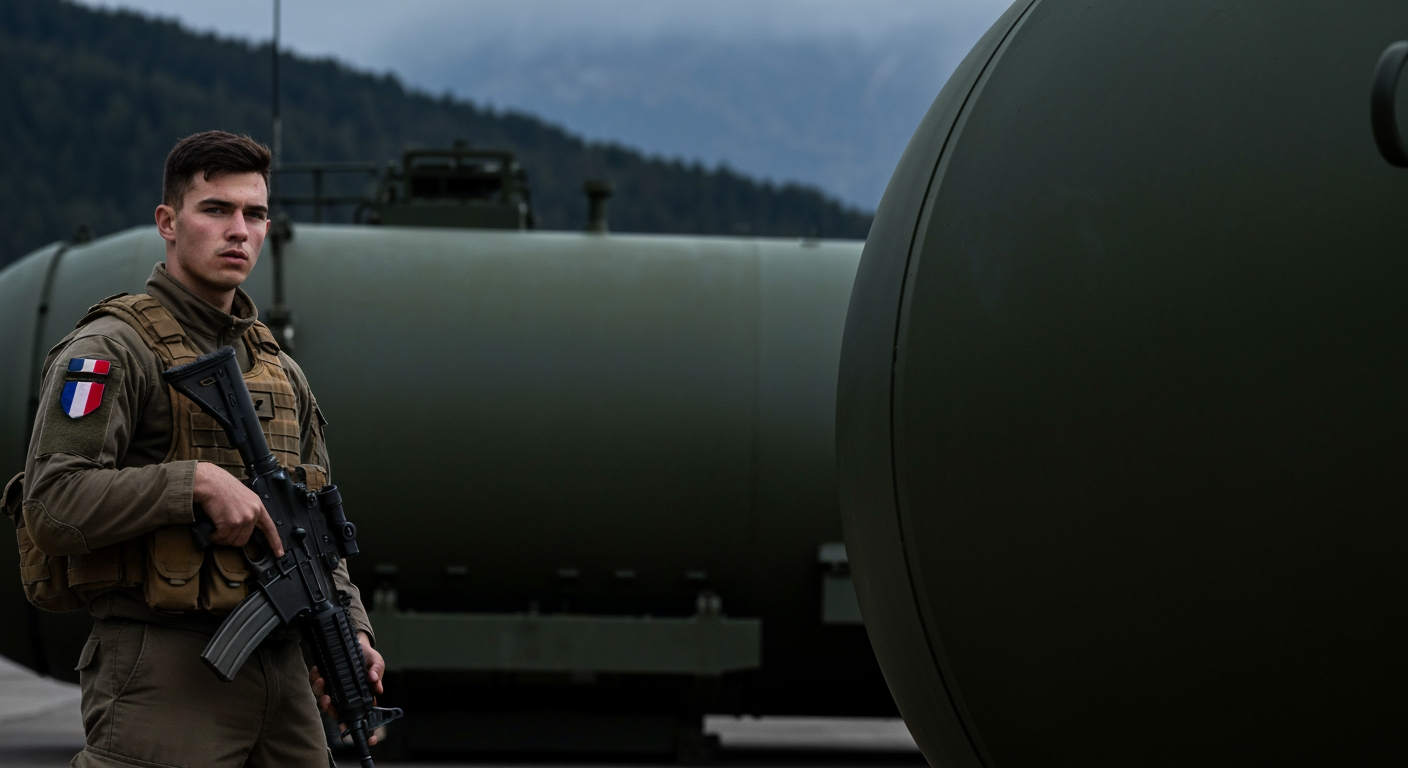Kabila's Return to DRC Shadows Fragile Ceasefire Efforts

GOMA, Democratic Republic of Congo — The return of former Congolese President Joseph Kabila from self-imposed exile has injected a volatile element into already tense ceasefire negotiations between the government and the M23 rebels, threatening to further destabilize the conflict-ridden eastern region of the Democratic Republic of Congo. Kabila's arrival in Goma, a city largely under rebel control, coincides with renewed efforts to establish a lasting peace, raising concerns about his potential influence and the government's reaction.
A Contentious Homecoming
Joseph Kabila, who led the DRC from 2001 to 2019, arrived in Goma on Friday, April 18, after spending nearly two years outside the country. Kabila stated his return was to participate in peace efforts. However, his presence is viewed with suspicion by many, including the current administration of President Félix Tshisekedi, who has previously accused Kabila of supporting the M23 rebels and plotting an insurrection. Kabila denies these charges.
Kabila's return has been met with mixed reactions. Supporters in Goma welcomed him, while the Congolese government has taken swift action against him and his political allies. The government suspended Kabila's political party, the People's Party for Reconstruction and Democracy (PPRD), citing its "ambiguous attitude" towards the M23 rebels. Authorities have also accused Kabila of high treason and ordered the seizure of his assets.
Ceasefire Efforts Complicated
Kabila's return comes at a delicate time for the DRC. The government and the M23 rebels have been engaged in on-again, off-again peace talks, mediated by Qatar, aimed at ending the escalating violence in the eastern provinces. The conflict has intensified since January, with the M23 seizing control of key cities like Goma and Bukavu. The fighting has resulted in an estimated 3,000 deaths and displaced around 7 million people, exacerbating an already dire humanitarian crisis.
Analysts fear that Kabila's presence in Goma could undermine the ongoing negotiations. His involvement may embolden the rebels and further complicate the already complex political landscape. The government's harsh response to Kabila's return, including the suspension of his party and the treason charges, suggests a hardening of positions that could derail the peace process.
Political Fallout and Regional Implications
The suspension of Kabila's party and the accusations against him have triggered a wave of political turmoil in the DRC. PPRD officials have denounced the government's actions as a violation of the constitution. Kabila's spokesperson indicated that the former president would address the nation soon, raising the prospect of further political confrontation.
The situation also has significant regional implications. The United Nations and several regional governments have accused Rwanda of supporting the M23 rebels, a charge Rwanda vehemently denies. The conflict in the DRC has long been fueled by regional rivalries and competition for the country's vast mineral resources. Kabila's return and the ensuing political crisis could further destabilize the region and hinder efforts to find a lasting solution to the conflict.
A History of Conflict and Instability
The DRC has a long history of conflict and instability, rooted in the legacy of colonialism, ethnic tensions, and the struggle for control of its natural resources. The eastern provinces, in particular, have been plagued by violence for decades, with numerous armed groups vying for power and control. The M23 rebellion, which re-emerged in late 2021, is just the latest chapter in this ongoing conflict.
Joseph Kabila's own rise to power was marked by violence. He assumed the presidency in 2001 after the assassination of his father, Laurent Kabila. During his 18 years in office, Kabila faced numerous challenges, including rebellions, political instability, and widespread corruption. His legacy remains a subject of debate, with some praising him for maintaining stability and others criticizing his authoritarian tendencies and failure to address the country's deep-seated problems.
Uncertain Future
As the DRC grapples with Kabila's return and the ongoing ceasefire negotiations, the future remains uncertain. The coming days and weeks will be critical in determining whether the country can find a path towards peace and stability or whether it will descend further into conflict and chaos. The success of the peace process will depend on the willingness of all parties to engage in constructive dialogue, address the root causes of the conflict, and prioritize the needs of the Congolese people.
Sources
Related Articles

UK's Stricter Visa Regime Reshapes International Student Landscape
London, UK – The United Kingdom's long-standing appeal as a global education hub is undergoing a significant transformation following a series of stringent immigration policy adjustments. These changes, primarily aimed at curbing net migration, have dramatically altered the landscape for international students, most notably through severe restrictions on accompanying dependents and, consequently, led some universities to individually pause or limit admissions from specific nations deemed "high-risk" due to increased visa refusal rates

France Expands Nuclear Doctrine, Offering New Layer of Deterrence to European Allies Amid Geopolitical Shifts
PARIS – France is charting a new course for its independent nuclear deterrent, moving to offer a more integrated, albeit controlled, layer of security to its European allies. In a significant policy shift, President Emmanuel Macron recently announced an expansion of France's nuclear arsenal and a doctrine of "advanced deterrence," designed to bolster European strategic autonomy amidst an increasingly volatile global landscape

Ali Larijani: The Enduring Architect of Iranian Power
In the intricate and often opaque landscape of Iranian politics, Ali Larijani has long stood as a towering figure, his influence permeating crucial national decisions from security and diplomacy to media and legislative affairs. Often described as an "unofficial strongman," Larijani's trajectory reflects a career deeply embedded within the Islamic Republic's establishment, marked by strategic pragmatism and unyielding loyalty to the system, making him a central player in times of both stability and profound crisis